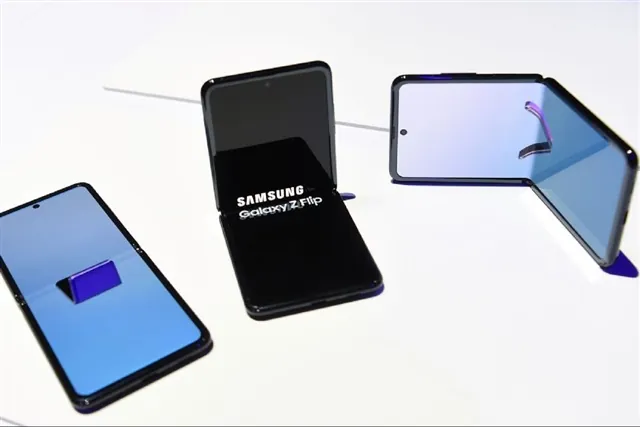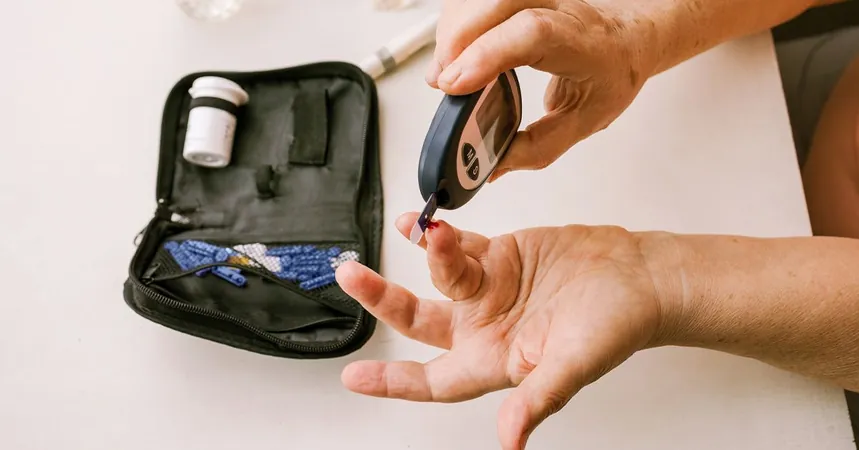
Breakthroughs in the Quest to Combat Progressive Supranuclear Palsy
2025-04-03
Author: Mei
Progressive Supranuclear Palsy (PSP) Overview
Progressive Supranuclear Palsy (PSP) is a neurodegenerative disorder marked by the misfolding of tau proteins, leading to severe neurological decline. Renowned neurologist Dr. Lawrence Golbe from Rutgers Robert Wood Johnson Medical School explains that, unlike in Parkinson’s disease—characterized by misfolded alpha-synuclein—PSP predominantly involves aggregates of tau that clump together, forming harmful structures known as fibrils.
Challenges in Treatment Development
The journey towards finding effective treatments for PSP has been challenging. In a setback for the medical community, two pivotal clinical trials targeting tau therapies failed in 2019. However, the domain of research is not stagnant.
Optimism in Research and New Trials
Dr. Alex Pantelyat of Johns Hopkins University remains optimistic, stating that “not everybody has given up on anti-tau monoclonal antibody therapies,” while also highlighting that various innovative mechanisms are under investigation. "The pipeline is the best that it's ever been," he asserts, hinting at the promising future for PSP research.
Novel Drug Approvals and Investigations
Currently, clinical trials evaluating three novel drugs are advancing. The experimental drug FNP-223 aims to halt tau misfolding, while AMX-0035 is designed to tackle both mitochondrial dysfunction and protein regulation issues common in PSP patients. NIO-752 presents another exciting avenue, as it seeks to diminish tau production by targeting its messenger RNA. Adding to this momentum, a new immune modulator known as GV-1000 is poised to commence clinical trials in the U.S. later this year.
Innovative Clinical Trial Approaches
In a groundbreaking initiative, CurePSP has partnered with the University of California, San Francisco, to introduce a “platform” clinical trial. This innovative trial design allows for the simultaneous testing of multiple drugs—potentially increasing the likelihood of participants receiving an active treatment rather than a placebo. With plans to conduct this trial at up to 50 sites across the nation, Dr. Pantelyat describes it as a "very exciting, novel clinical trial approach," promising to enhance patient enrollment and accelerate the research process.
Future Prospects
Expectations are high, with CurePSP anticipating trial enrollment to kick off this fall. As researchers forge ahead, the future may hold significant advances in the fight against PSP, sparking hope for those affected by this challenging disorder.
Stay Tuned
Stay tuned for updates on these pioneering trials that could redefine the landscape of PSP treatment!





 Brasil (PT)
Brasil (PT)
 Canada (EN)
Canada (EN)
 Chile (ES)
Chile (ES)
 Česko (CS)
Česko (CS)
 대한민국 (KO)
대한민국 (KO)
 España (ES)
España (ES)
 France (FR)
France (FR)
 Hong Kong (EN)
Hong Kong (EN)
 Italia (IT)
Italia (IT)
 日本 (JA)
日本 (JA)
 Magyarország (HU)
Magyarország (HU)
 Norge (NO)
Norge (NO)
 Polska (PL)
Polska (PL)
 Schweiz (DE)
Schweiz (DE)
 Singapore (EN)
Singapore (EN)
 Sverige (SV)
Sverige (SV)
 Suomi (FI)
Suomi (FI)
 Türkiye (TR)
Türkiye (TR)
 الإمارات العربية المتحدة (AR)
الإمارات العربية المتحدة (AR)